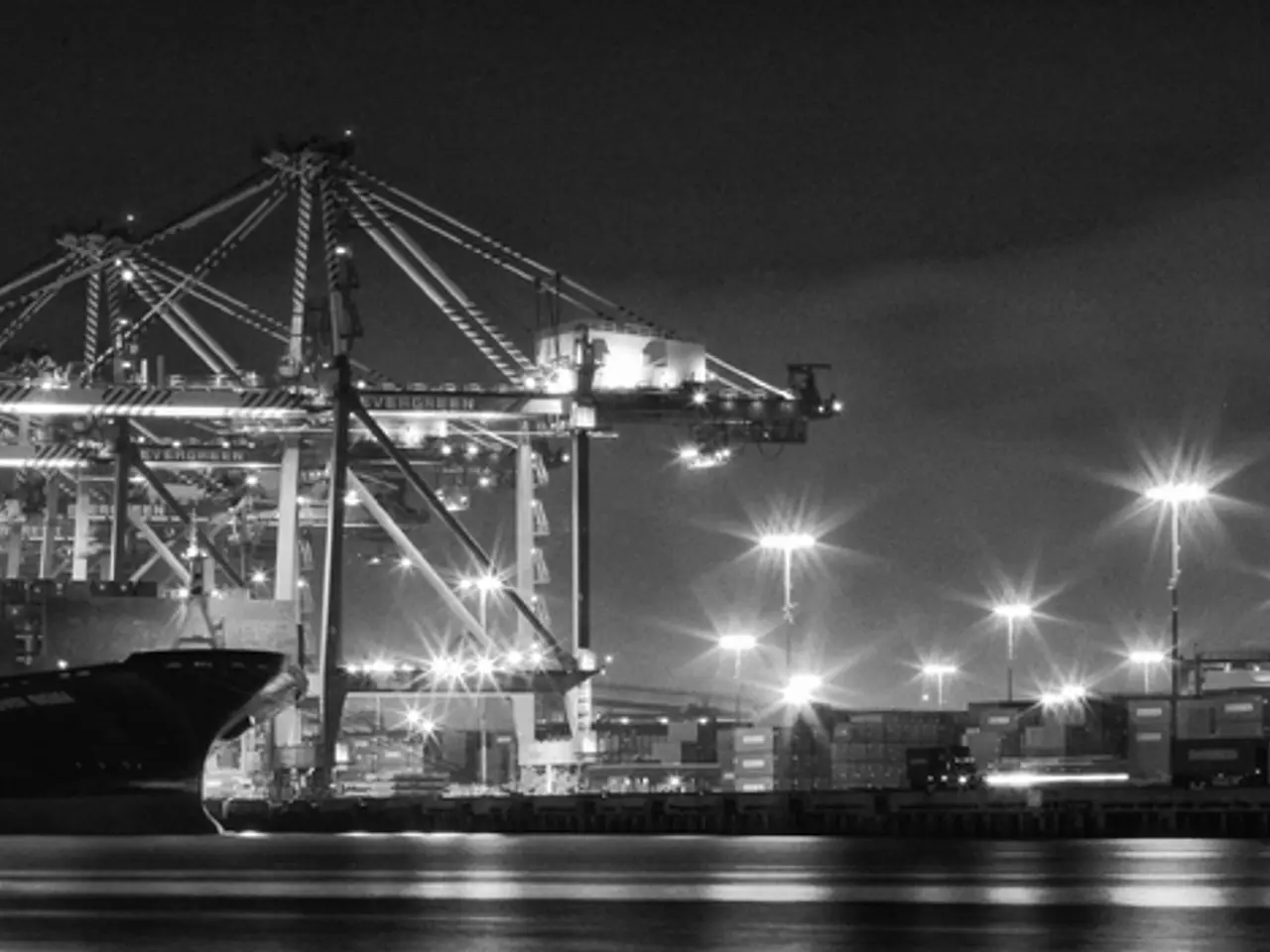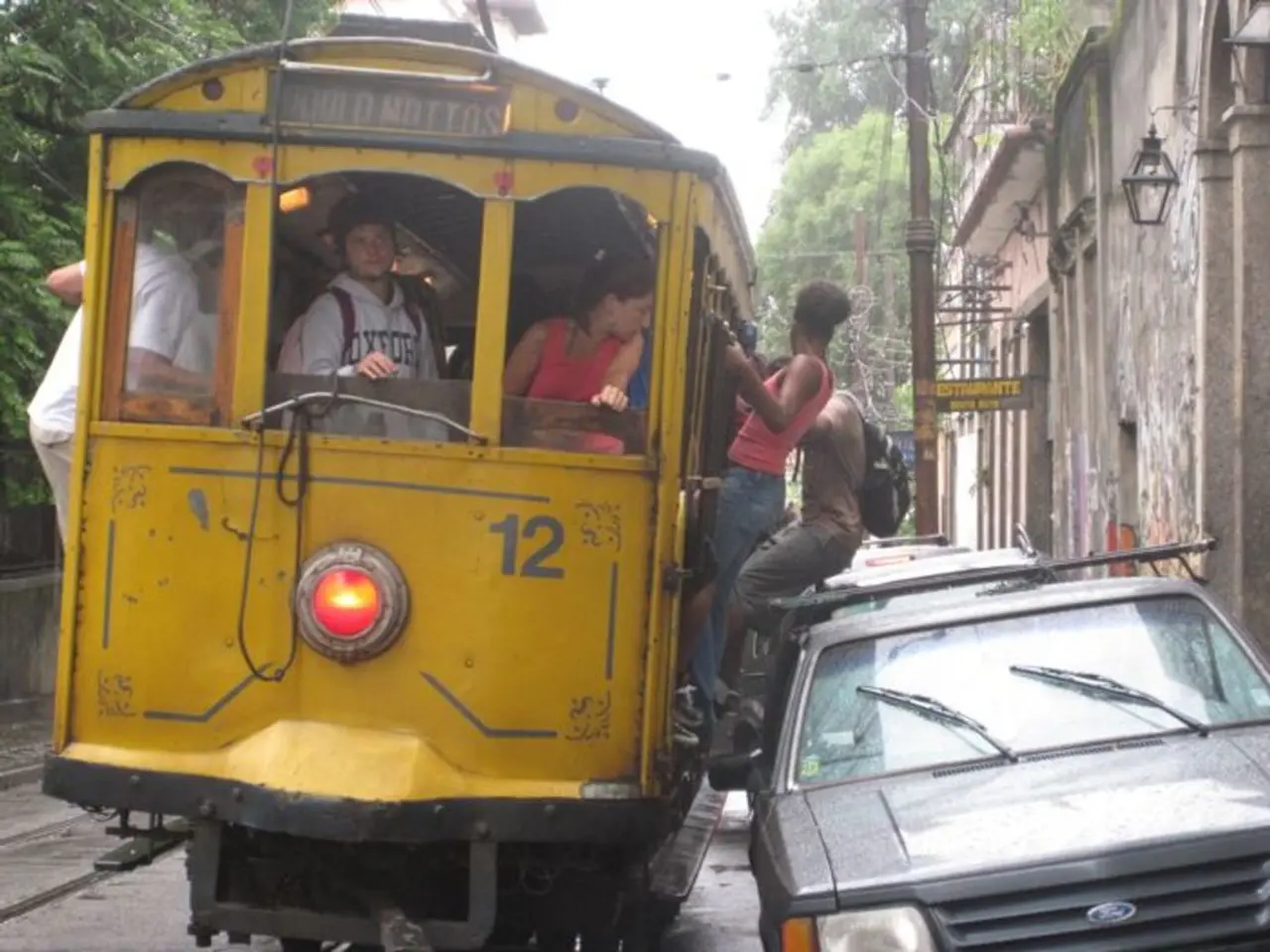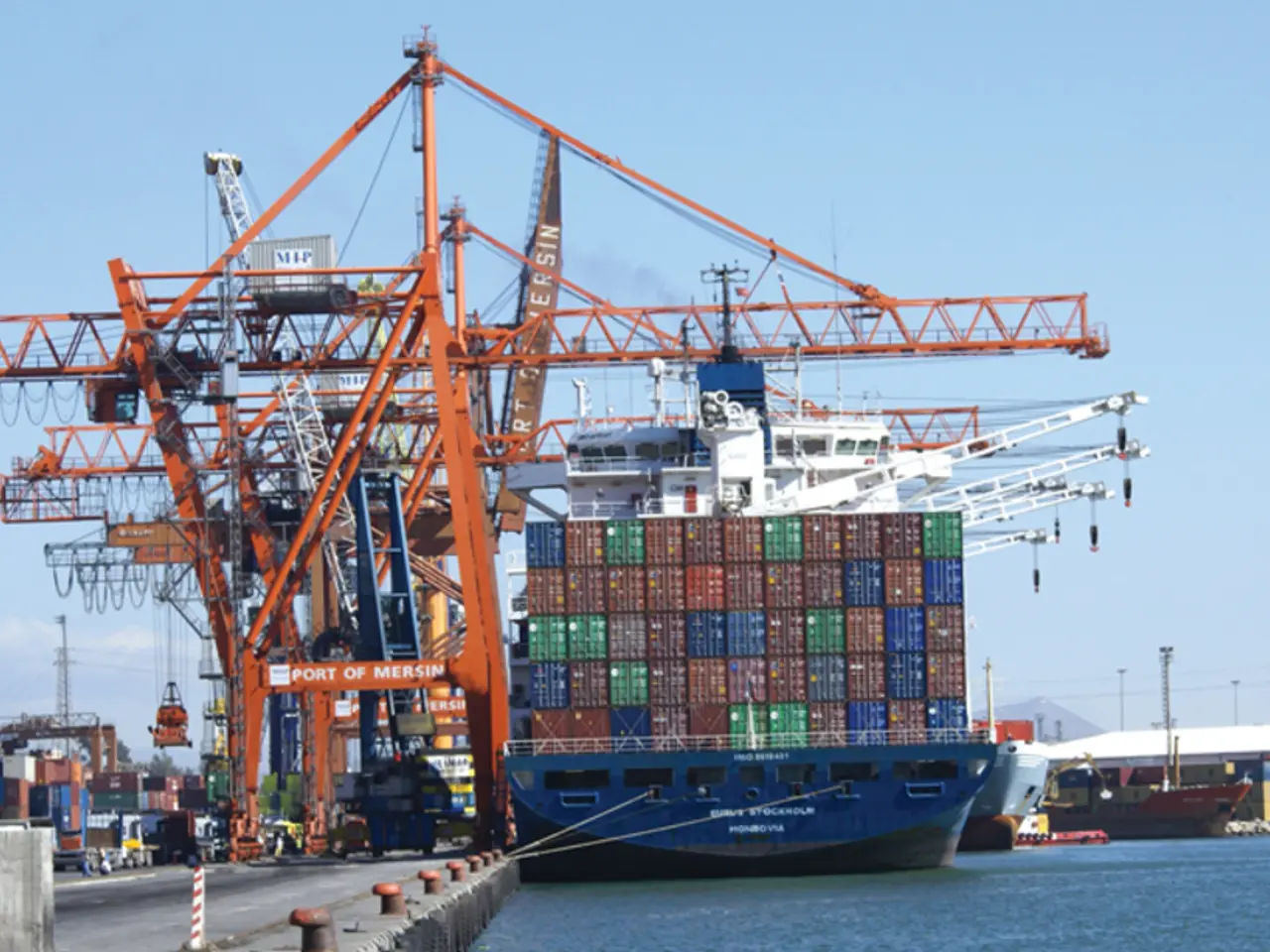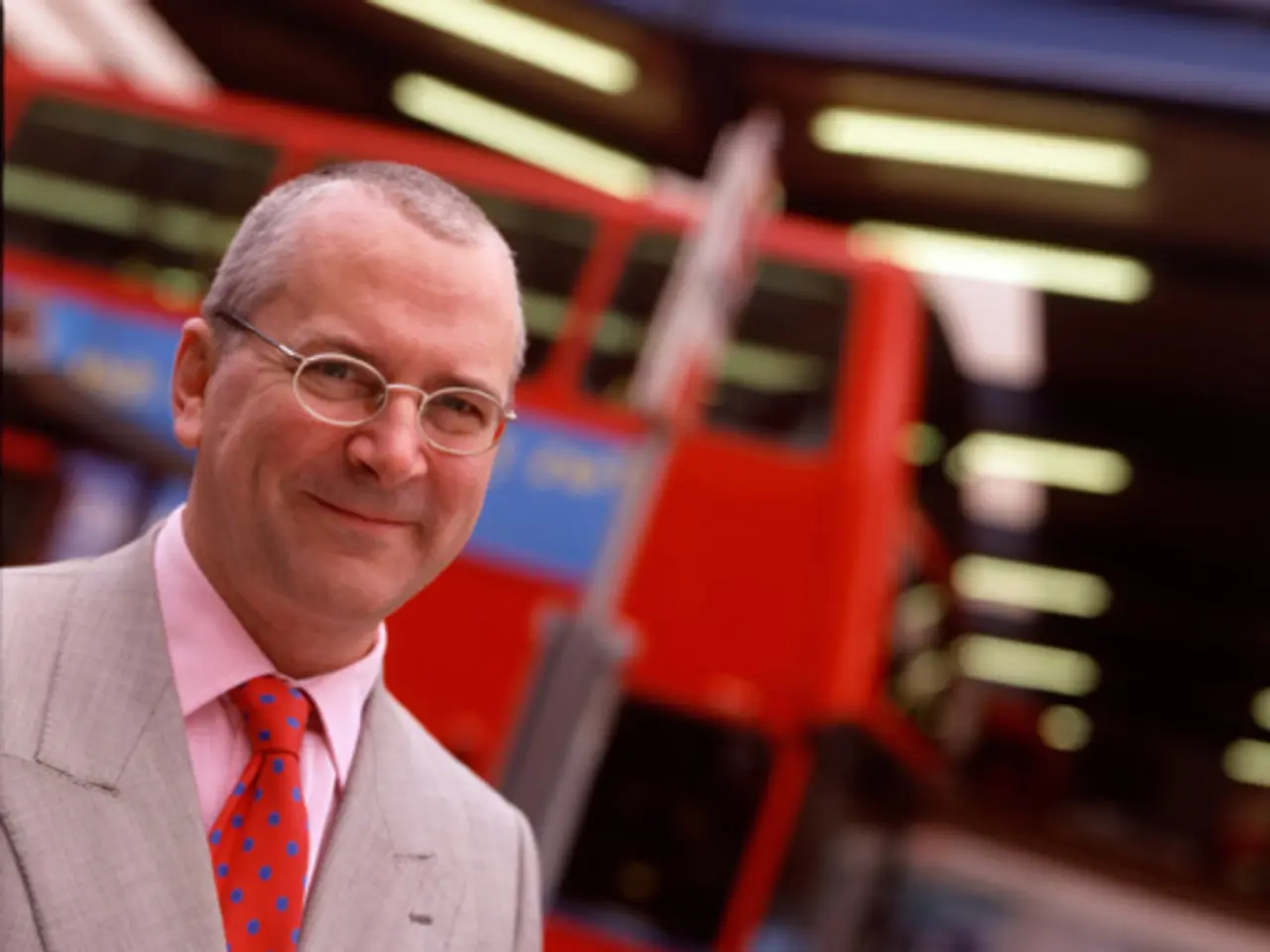Steel Jobs on the Line: IG Metall Slams ArcelorMittal's Backtrack on Green Production
Steel giant ArcelorMittal opposes plans for climate-neutral production; union IG Metall urges a steel industry summit to address the issue.
Social Media Shares Email Print Link
IG Metall, Germany's largest metalworkers' union, has slapped some serious criticisms on steel conglomerate ArcelorMittal for scrapping plans to make their plants in Bremen and Eisenhüttenstadt more climate-friendly. Jürgen Kerner, the union's second chairman, called the company's decision "short-sighted, economically ill-advised, and downright irresponsible in terms of employment and societal repercussions."
The transition to green steel production is a long-term endeavor, with a century-long horizon. "It's about the future of thousands of jobs in Bremen and Eisenhüttenstadt," Kerner stated emphatically. Workers have agreed to this transition, politicians are ready to dish out billions, and electricity prices are heading in the right direction. However, it's the management of ArcelorMittal that seems to be faltering, Kerner added, voicing his concerns.
The federal government must promptly convene a steel industry crisis summit, Kerner demanded.
ArcelorMittal has dropped its ambition to shift from coal to hydrogen for energy in Bremen and Eisenhüttenstadt. The company argued that even with subsidies, the project isn't economically viable. The decision comes after ArcelorMittal missed a June 2025 construction deadline to qualify for €1.3 billion in government financial aid.
This setback is a blow to the German government's industrial transformation efforts. The steel sector is one of the country's biggest CO2 emitters, and its decarbonization is crucial in meeting climate goals. Given the situation, IG Metall's Vice Chairman called for extensive support for the steel industry. Kerner also pointed out France's advantage in creating facts through politically subsidized industrial electricity in contrast to Germany's supposed roundabout approach to European compliance.
Data from enrichment reveals ArcelorMittal's plan to withdraw from planned climate-neutral production projects due to unfavorable market conditions, high energy costs, and delay in green hydrogen development. Nevertheless, the German government and other steel companies remain optimistic, with ongoing initiatives to decarbonize the steel sector.
Trade unions have expressed worry about the potential risks for steelworks and local employment due to ArcelorMittal's decision, raising concerns about the uncertain future of these plants.
- IG Metall, Germany's largest metalworkers' union, has criticized ArcelorMittal for abandoning plans to make their plants more climate-friendly, calling it economically ill-advised and irresponsible in terms of employment and societal repercussions.
- Jürgen Kerner, the union's second chairman, emphasized that the transition to green steel production is a long-term endeavor with a century-long horizon, focusing on the future of thousands of jobs in Bremen and Eisenhüttenstadt.
- ArcelorMittal's decision to drop its ambition to shift from coal to hydrogen for energy in Bremen and Eisenhüttenstadt has been justified as uneconomical, even with subsidies, due to high energy costs and delays in green hydrogen development.
- This setback is a blow to the German government's industrial transformation efforts, as the steel sector is one of the country's biggest CO2 emitters, and its decarbonization is crucial in meeting climate goals.
- Kerner, IG Metall's Vice Chairman, has called for extensive support for the steel industry, highlighted France's advantage in creating facts through politically subsidized industrial electricity, and pointed out the uncertain future of the plants in Bremen and Eisenhüttenstadt due to ArcelorMittal's decision.






